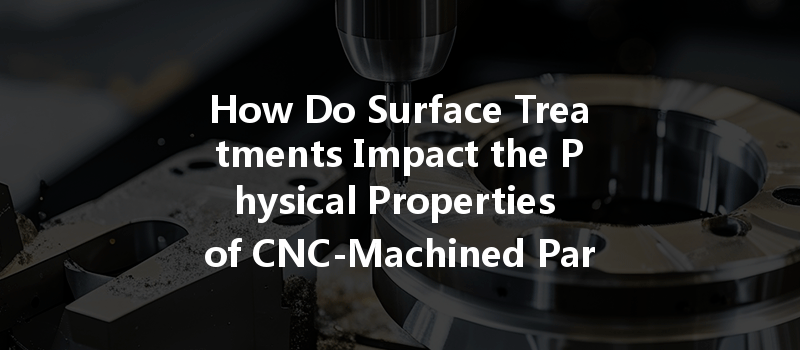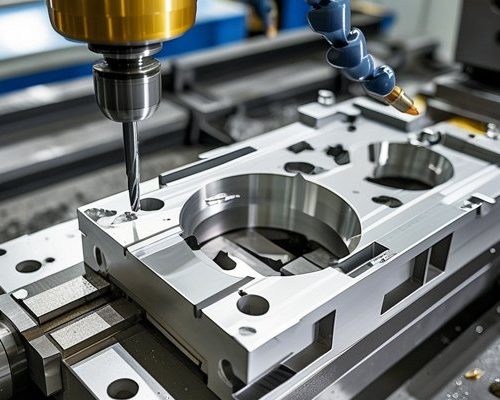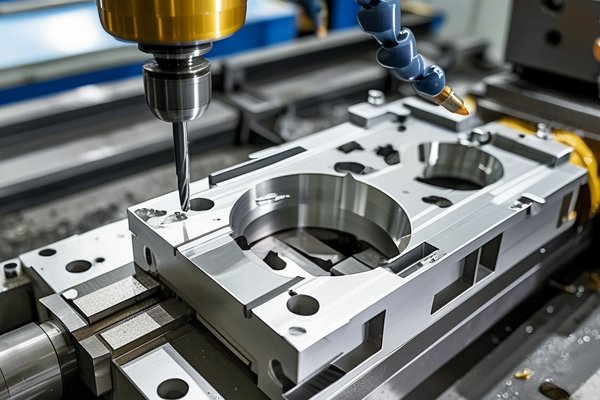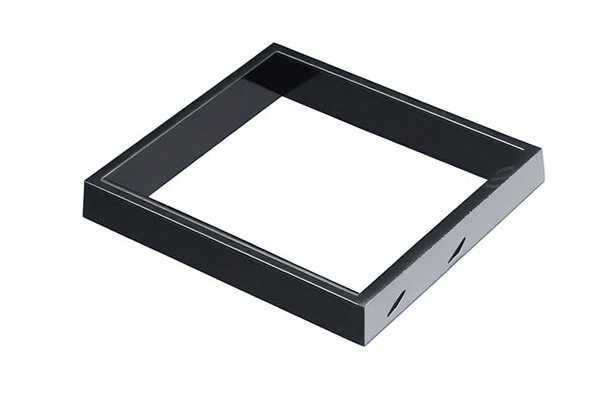*
In the ever-evolving landscape of manufacturing, the efficiency and effectiveness of computer numerical control (CNC) machining have gained paramount importance. One critical aspect that significantly affects the final output is the surface treatment of CNC machined parts. At YL Machining, we understand that surface treatments are not merely a secondary process; they are a pivotal strategy that can enhance mechanical properties, visual appeal, and overall product performance. This article delves deep into how surface treatments impact the physical and chemical properties of CNC machined parts, offering insights, strategies, and data-driven analysis to help manufacturers maximize their processes.
—
CNC machining refers to the automated control of machining tools through programmed commands, significantly enhancing precision and repeatability in the manufacturing process. Different materials, from metal alloys to plastics, can be machined with specific tooling and settings tailored for each material’s characteristics.
1.1 The CNC Machining Process
Understanding the basic principles of CNC machining sets the groundwork for recognizing the importance of surface treatments.
—
Surface treatments are processes applied to the exterior of a material to enhance its properties or aesthetics. This can include chemical, mechanical, or thermal techniques complicated by various factors like material type and intended use.
2.1 Types of Surface Treatments
Each surface treatment offers distinct benefits tailored for various applications, and understanding these will allow manufacturers to make informed decisions.
—
Surface treatments can dramatically alter the physical properties of CNC machined parts:
3.1 Hardness
Surface treatments can enhance the hardness of components, vital in applications subject to wear. For example, anodizing aluminum increases its hardness and surface durability.
3.2 Wear Resistance
Many surface treatments enhance wear resistance, especially under high friction. Processes like nitriding introduce hard nitrides at the surface, effectively transforming a part’s performance under stress.
3.3 Fatigue Strength
Fatigue strength is crucial in applications subjected to cyclical loading. Shot peening induces compressive stresses in materials, significantly enhancing fatigue life.
—
Surface treatments also impact chemical properties, affecting resistance to corrosion, oxidization, and chemical reactions.

4.1 Corrosion Resistance
4.2 Chemical Resistance
Applications in chemical processing require specific treatments. For instance, coatings can be applied to enhance chemical resistance, allowing materials to withstand aggressive environments without undergoing degradation.
—
While performance is paramount, aesthetic quality also matters significantly in many applications. Aesthetic surface treatments enhance the visual appeal of products without compromising their functional capabilities.
5.1 Visual Impact
Processes like powder coating and anodizing can introduce vibrant colors that are both durable and attractive. This serves not just aesthetic purposes but also allows for branding in consumer-facing applications.
5.2 Surface Finish Quality
The finish and texture of parts contribute to the perception of quality in the final product. Treatments can create everything from glossy surfaces to matte finishes, aligning with specific industry standards or consumer preferences.
—
Choosing the appropriate surface treatment requires a balance of cost, performance, and intended application. At YL Machining, we offer a consultative approach, guiding clients through choosing the best surface treatment based on their specific needs, product requirements, and budget considerations.
6.1 Analysis and Case Studies
Our team employs a detailed analysis and case studies showcasing previous applications to guide decision-making. Engaging clients in a transparent manner ensures that they understand the implications of each option.
6.2 Cost-Effectiveness
The right surface treatment can protect against wear and corrosion, effectively extending the lifecycle of products and reducing long-term costs.
—
As a forward-thinking company, YL Machining keeps an eye on emerging technologies and trends that shape the landscape of surface treatments:
7.1 Advanced Coatings
Developments in nanotechnology are paving the way for coatings that feature enhanced properties while remaining lightweight and thin.
7.2 Sustainable Treatments
Increasingly, manufacturers are turning to eco-friendly surface treatment methods to meet regulatory standards and consumer demands for sustainability.
—
At YL Machining, we believe that surface treatment is an integral aspect of the CNC machining process that holds the potential to dramatically improve performance, durability, and aesthetic quality. Our deep understanding of various surface processes allows us to deliver tailored solutions that meet the needs of our diverse clientele. By investing in the right surface treatments, manufacturers can achieve not only immediate results but also long-term operational efficiency and success.
As you embark on your next project, consider partner with YL Machining to navigate the complexities and harness the potential of advanced surface treatments. Together, we will elevate your production capabilities and ensure that your machined parts meet the highest standards of excellence.
—



